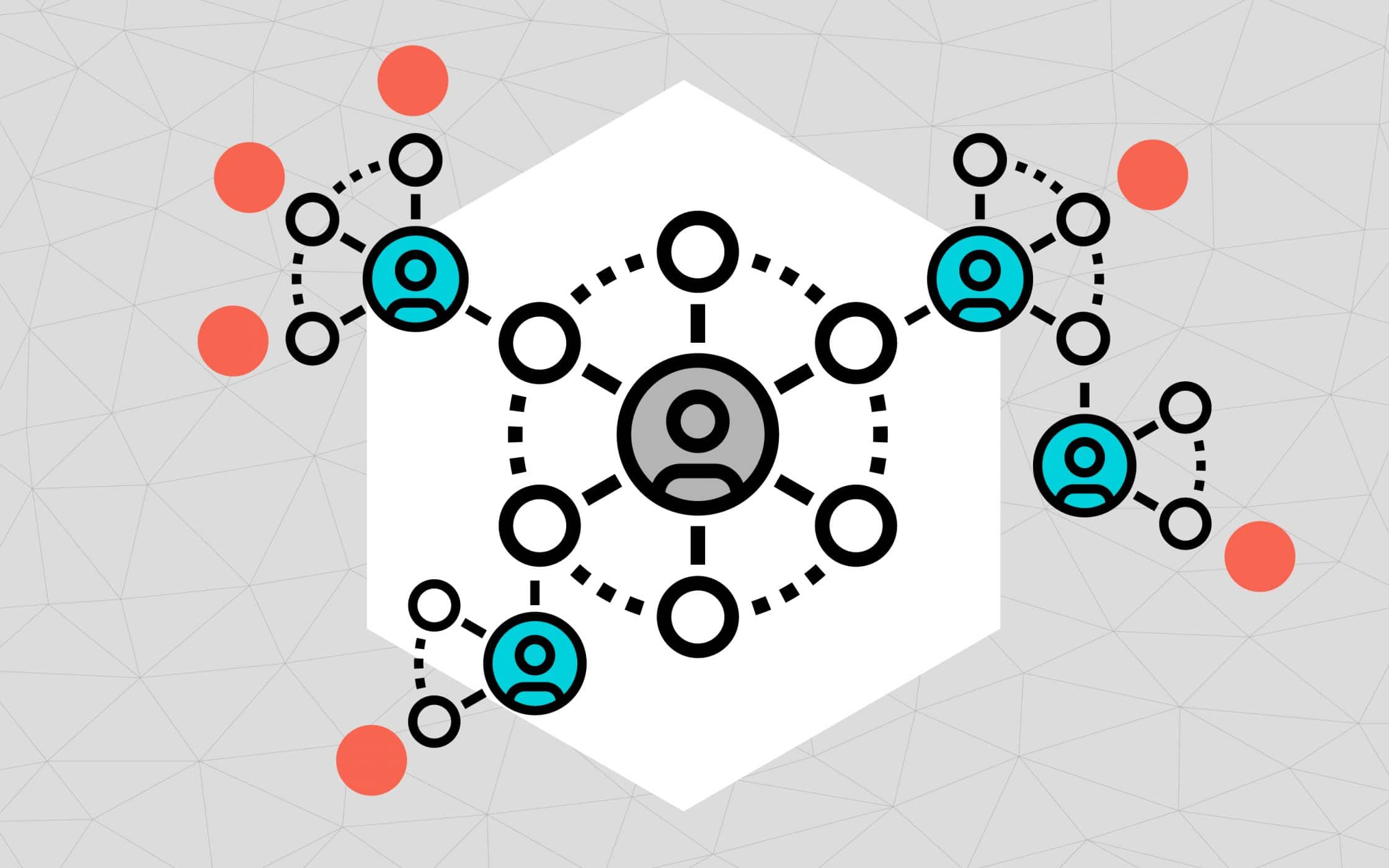The short answer is, it can take a while.
Just how much, we’ll break down in this article.
There’s a good reason why SEO takes months, sometimes an entire year to pay off.
Unlike traditional marketing, like ads which are based on immediate results, SEO is a strategy that compounds.
Consider the following chart:
Ads deliver linear growth.
Let’s say you spend $100, you get $200 back so next month you’ll spend $150 and again, you’ll get double that amount.
But each month you will need to put cash into it and hope the ROI stays the same.
No investment, no results.
Things that compound tend to deliver a different kind of growth.
Most great fortunes are built slowly. They are based on the principle of compound interest, what Albert Einstein called, “The greatest power in the universe.”
Brian Tracy
It takes a while to take off but, if done well, every SEO investment delivers results which in turn improve your SEO.
You see where I’m heading?
The better your SEO, the more traffic you get. The more traffic you get, the more backlinks, pageviews and shares you get, all of which makes your SEO better.
Anyway, back to our topic.
If you’ve never done SEO before, understand it’s a long term game. There are a few factors that affect the timelines:
- Time to implement
- Time to get indexed by Google
- Time to rank
- Time to rank high enough to see organic traffic
- Time to see ROI
Let’s break it all down.
How long does it take to implement SEO?
This part of the SEO process can take between 1-3 months depending on the size of the site and severity of the issues. It also depends on how quick the web developer is at implementing the recommended changes.
Let’s say you’re just getting started. Depending on who you talk to, all SEO work can be broken down into three categories:
- Technical SEO
- On-page SEO
- Off-page SEO
First, you’ll want to start with a technical site audit which would include fixes like removing 404 pages, duplicate content, fixing website structure, internal links, disavowing toxic backlinks and so on.
Then you’ll want to polish your website and make sure that you can actually turn your SEO results into conversions and ROI.
This includes setting up analytics, conversion funnels, user experience (you don’t want to bring traffic to a site that won’t convert).
Once all these technical issues are fixed, you’ll need to do some research and come up with a keyword strategy, followed by your off-page strategy which would include doing manual outreach to acquire backlinks.
The technical and on-page SEO will usually be a one-off whereas the off-site will be ongoing.
How long does it take to get indexed by Google?
For new websites, this stage can take a while in fact.
To answer why, you first need to understand how Google works.
Google operates the world’s largest web crawler, called Googlebot.
This program crawls the web 24/7 and saves the information into Google’s huge database where it is indexed and later served in Google results.
To rank in Google, your website has to be first discovered by Googlebot, indexed and then served when someone searches for keywords relevant to your content.
The way Googlebot crawls the web is by following all the links it can find to discover new websites.
So the more links that are pointing to your domain the faster your content gets indexed by Google. In any case, you can still do so manually with Google’s URL Inspection Tool:
Once your pages are indexed in Google’s database, they have to be served for given queries and keywords.
There are factors that play a role, like authority, presence of keywords, how Google evaluates relevance of your content, and so on.
In addition to that, many SEOs believe there’s a so called Google Sandbox – a period of time Google may impose on new websites before they’re served among top results.
It’s sort of a quarantine to establish that the website is credible and not some spammy attempt to game the system.
There’s not much you can do about it, even Google is quite vague about its existence.
We use a ton of factors for crawling, indexing, and ranking, it's possible that in certain situations, some pages show up well quickly, while others take longer. There's no fixed rule or timeline there.
— 🍌 John 🍌 (@JohnMu) February 3, 2019
Normally, all of this can take anywhere between a couple of days for established websites to a few weeks for complete newcomers.
How long does it take to rank in Google?
Again there’s no consensus here. Most SEOs will tell you it takes about 6-8 months to start seeing some decent results.
The reality is that it completely depends on the keyword you’re targeting and how competitive it is. I’ve seen non-competitive keywords get to page 1 inside of 2 months and I’ve seen very competitive keywords take years to rank.
Here’s some data to back up my words.
We took a list of 1000 keywords with 1000 – 10,000 searches a month. Then we looked at the approximate age of each URL in the top 100 Google results for each keyword.
As you can see the median age of a ranked page is somewhere between 3 to 4 years.
Another thing that stands out is the higher the rank the older the URL.
Does that mean you have to wait years to get on top of Google?
Well not really.
Firstly, these are median values and a great deal of pages are relatively young. For example, here’s a percentage of websites among the top 25 results that are less than 3 months old.
Secondly, the time to rank is directly influenced by how good your SEO is.
For example, here’s the age of URLs and the median number of referring domains per Google rank:
As you can see, the main reason the high ranked pages are older, is that they’ve had more time to build up their authority and a solid backlink profile.
And this is exactly what SEO deals with.
How long does it take to get organic traffic?
OK, it’s nice to rank in the top 100 pages on Google, but who cares about anything beyond 10th place right?
Exactly. It’s one thing to rank, another is to get some serious traffic.
As you can see in the chart below, SEO is something of a “winners take all” game.
If you want to maximize your SEO investment, you definitely want to rank as high as possible.
The time-scale that gets you to the first page in Google depends on many factors. The keyword and the competition are the obvious ones.
Then there’s the type of content that matters a lot. There are two kinds of content:
- Time-critical content
- Evergreen content
Time-critical content can earn you tons of links fast and put you on the top spot in a matter of minutes. Breaking news and controversial topics dominate this space.
Here’s an example of time-critical content:
An example of “controversial” time-critical content
While the gains are rapid, the momentum is usually short-lived as such pages fall into oblivion as fast as they rose through the ranks.
Evergreen content, on the other hand, takes time to climb up but it usually stays there for a long time as once you earn those spots they’re easier to maintain.
So the answer is, it can take as little as a couple hours to many months to start getting some serious traffic.
A good SEO can utilize both tactics. If you monitor news in your industry and are quick to react to big news and controversial topics you can easily win some quick gains.
At the same time, in order to truly benefit from SEO you want to invest into long-term.
How long does SEO take to pay off?
SEO may take a while to start delivering ROI, but once it starts showing results, it’s the gift that keeps on giving.
Here’s an interesting study by Statista based on a survey of 602 senior marketers:
It’s interesting because there’s no way to quantify ROI in SEO since the returns span over a very long term.
Nevertheless, whichever study on ROIs you dig up, you’ll see that the top ROI channels tend to be content marketing, email marketing and SEO.
The funny thing is that content marketing is part of the SEO and email marketing is directly related, it’s part of the same funnel that begins with organic traffic.
So, if you want to excel in ROI, start with SEO.
Now, back to the question of how long.
Once you’re all set up. You produce content, market it and invest in actively building your website’s authority, the results will come.
It can take a couple of months, but most likely you will see some impressive results within a year.
One year, I would say, it is the time you should give your SEO efforts before you make any judgement on how profitable it is.
With that said, within 2-6 months you’ll be able to see if things are on the right path.
What’s the conclusion?
Let’s say you just launched your website and started to build some SEO. Your timeframes can look something like this:
Bear in mind, this is very subjective and results are completely dictated by the market you’re competing in, your ability to optimize a site, knowing how to build the right types of links.
If you’re in business for the long-term, SEO is something you simply can’t ignore. The sooner you start building equity with Google the better off you’ll be in the long run.
Remember, SEO is a long-term investment, not a short-term expense.






